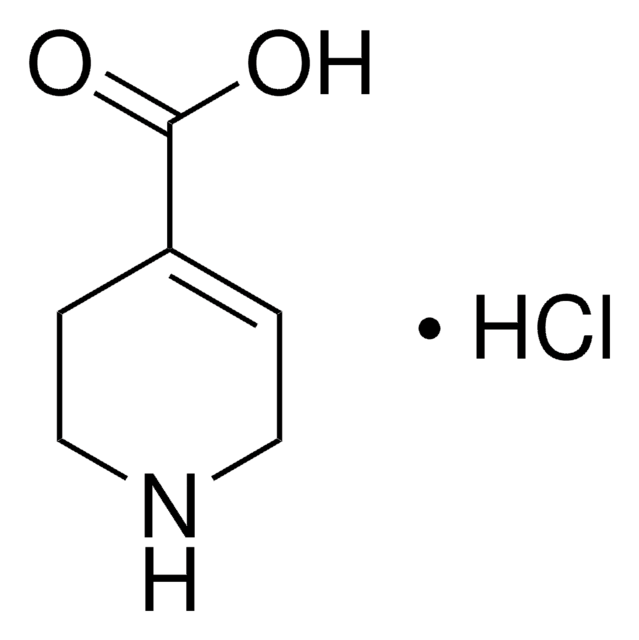B7686
1(S),9(R)-(−)-Bicuculline methchloride
≥97% (HPLC), powder
About This Item
Recommended Products
Quality Level
assay
≥97% (HPLC)
form
powder
solubility
H2O: >10 mg/mL
storage temp.
2-8°C
SMILES string
[Cl-].C[N+]1(C)CCc2cc3OCOc3cc2[C@H]1[C@@H]4OC(=O)c5c6OCOc6ccc45
InChI
1S/C21H20NO6.ClH/c1-22(2)6-5-11-7-15-16(26-9-25-15)8-13(11)18(22)19-12-3-4-14-20(27-10-24-14)17(12)21(23)28-19;/h3-4,7-8,18-19H,5-6,9-10H2,1-2H3;1H/q+1;/p-1/t18-,19+;/m0./s1
InChI key
RLJKFAMYSYWMND-GRTNUQQKSA-M
Looking for similar products? Visit Product Comparison Guide
Biochem/physiol Actions
Features and Benefits
Storage Class
6.1C - Combustible acute toxic Cat.3 / toxic compounds or compounds which causing chronic effects
wgk_germany
WGK 3
flash_point_f
Not applicable
flash_point_c
Not applicable
ppe
Eyeshields, Gloves, type N95 (US)
Certificates of Analysis (COA)
Search for Certificates of Analysis (COA) by entering the products Lot/Batch Number. Lot and Batch Numbers can be found on a product’s label following the words ‘Lot’ or ‘Batch’.
Already Own This Product?
Find documentation for the products that you have recently purchased in the Document Library.
Articles
We offer many products related to GABAA receptors for your research needs.
We offer many products related to potassium channels for your research needs.
DISCOVER Bioactive Small Molecules for Neuroscience
Our team of scientists has experience in all areas of research including Life Science, Material Science, Chemical Synthesis, Chromatography, Analytical and many others.
Contact Technical Service







